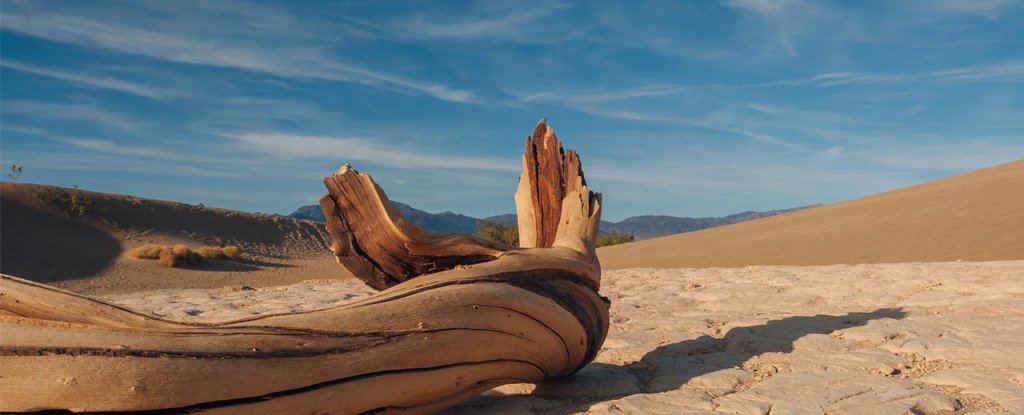Products You May Like
California’s Death Valley recorded what may be its hottest ever temperature on Sunday (August 16) – a blazing 130 degrees Fahrenheit (54.4 degrees Celsius).
If that National Weather Service (NWS) measurement holds up, it will have been the hottest August temperature recorded there by 3 F (1.7 C), the hottest temperature recorded in Death Valley National Park in at least a century, and one of the hottest temperatures ever recorded anywhere in the world.
The mercury hit 130 F at 3:41 pm PDT, in the midst of a heatwave that has triggered power outages and wildfires across the American Southwest, as The Los Angeles Times reported.
Does the 130 F reading represent the world temperature record? Depends on who you ask. The World Meteorological Organization reports that the highest temperature ever recorded was 134 F (56.7 C) on July 10, 1913, at the same site: Death Valley’s aptly named Furnace Creek Ranch.
But Christopher Burt, investigating the claim for The Weather Underground in 2016, cast doubt that the 134 F recording was accurate.
Another measurement, taken in 1931 in Kebili, Tunisia, was also higher than this year’s, at 131 F (55.0 C). But there are also doubts about that claim, as The Washington Post noted.
The next universally agreed-upon record temperature was 129.0 F (53.9 C) in Death Valley on July 1, 2013. This new measurement, if confirmed, tops that.
Other local records were set across the southwest Sunday, including in two of America’s largest cities: Los Angeles and Phoenix. This has been a particularly brutal summer in Phoenix, where the average temperature in July was 99 F (37.2 C), another record, according to KTAR News.
All these records arrive as global climate conditions rapidly deteriorate.
For instance, the Arctic is ablaze with wildfires for the second year in a row, which scientists worry means we have entered a global “fire regime” that even pessimistic climate change models didn’t anticipate arriving until around the 2050s, according to The Post.
Originally published on Live Science.
